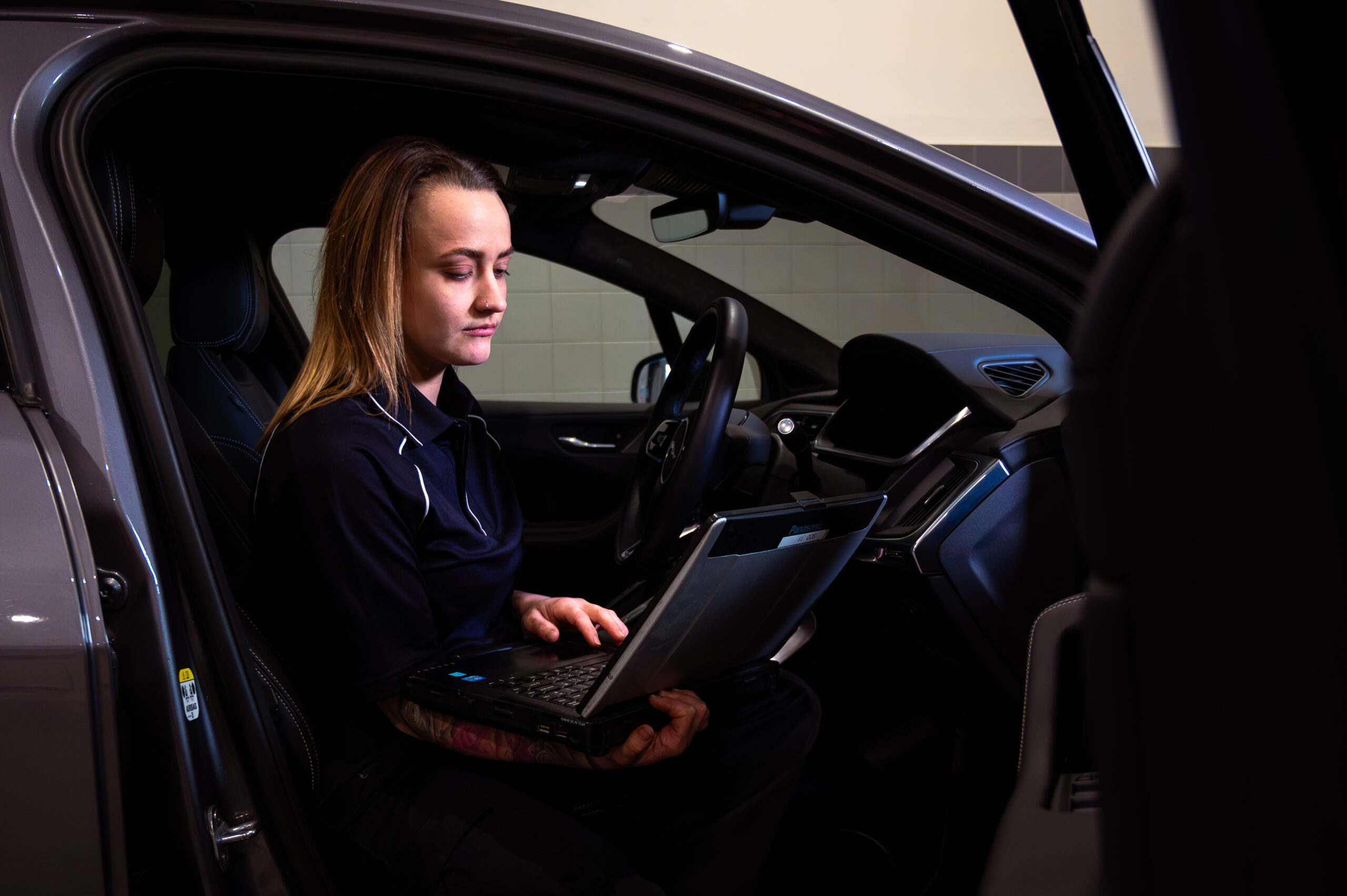GadgetWheels
JLR trains 20,000 for
EV future
Jaguar Land Rover has trained employees and partners in electrification and digital skills as part of its Future Skills Programme.
Luxury car manufacturer Jaguar Land Rover (JLR) has revealed that it has trained more than 20,000 employees and partners in electrification and digital skills as part of its Future Skills Programme.
The training, it said, is part of its preparation for a near future when it will only manufacture electric vehicles (EVs).
JLR provided the following statistics on the training:
- More than 2,400 manufacturing employees in its UK production facilities with EV skills;
- More than 95%, or 10,000, of JLR’s retail partner technicians, ensuring workshops are prepared to service JLR’s next generation luxury electric vehicles;
- Nearly 3,000 engineers trained in electrification;
- Around 2,500 in data and digital;
- More than 4,200 JLR and retail partner apprentices and Early Careers employees are currently in training.
With work to transform JLR facilities for electric vehicle production progressing quickly, electrification training for over 11,000 JLR manufacturing colleagues is now under way.
JLR further expanded its skills base by opening 950 new electrification roles in engineering.
Future Skills training is being led by the JLR Learning Academy, which invests around £20-million a year to train JLR employees and partners.
Looking forward, JLR will be training at least a further 15,000 employees across manufacturing, engineering and workshops as part of the programme.
Electrification is creating more opportunities for people from diverse backgrounds. In contrast to traditional ICE engine work, EV work is often more focused on process-oriented approaches rather than intense manual labour, making it accessible to a wider range of employees, including those from neurodiverse backgrounds.
JLR retail master technician Chloe Taylor, who works in a Sytner retailer in Northampton, said: “I started my career as an apprentice, learning to work with combustion technology and more recently qualified to dismantle high voltage electric vehicle batteries. The transition to EVs presents lots of learning opportunities, shifting from much of the heavy part lifting associated with ICE vehicles, to more process-driven, technology-centred diagnostics work. I hope this shift will encourage more women to follow my path.’’
JLR has introduced a number of other initiatives to enable those from more diverse backgrounds to access a STEM career, including:
- A virtual work experience programme with 2,000 enrolments in eight weeks, of which 31 per cent are women and girls
- A schools partnership programme to encourage students from diverse backgrounds to begin a career in STEM
- Working through partnerships to attract more diverse candidates in JLR’s Early Careers scheme
- Using AI to make job description wording more diverse and inclusive.


















